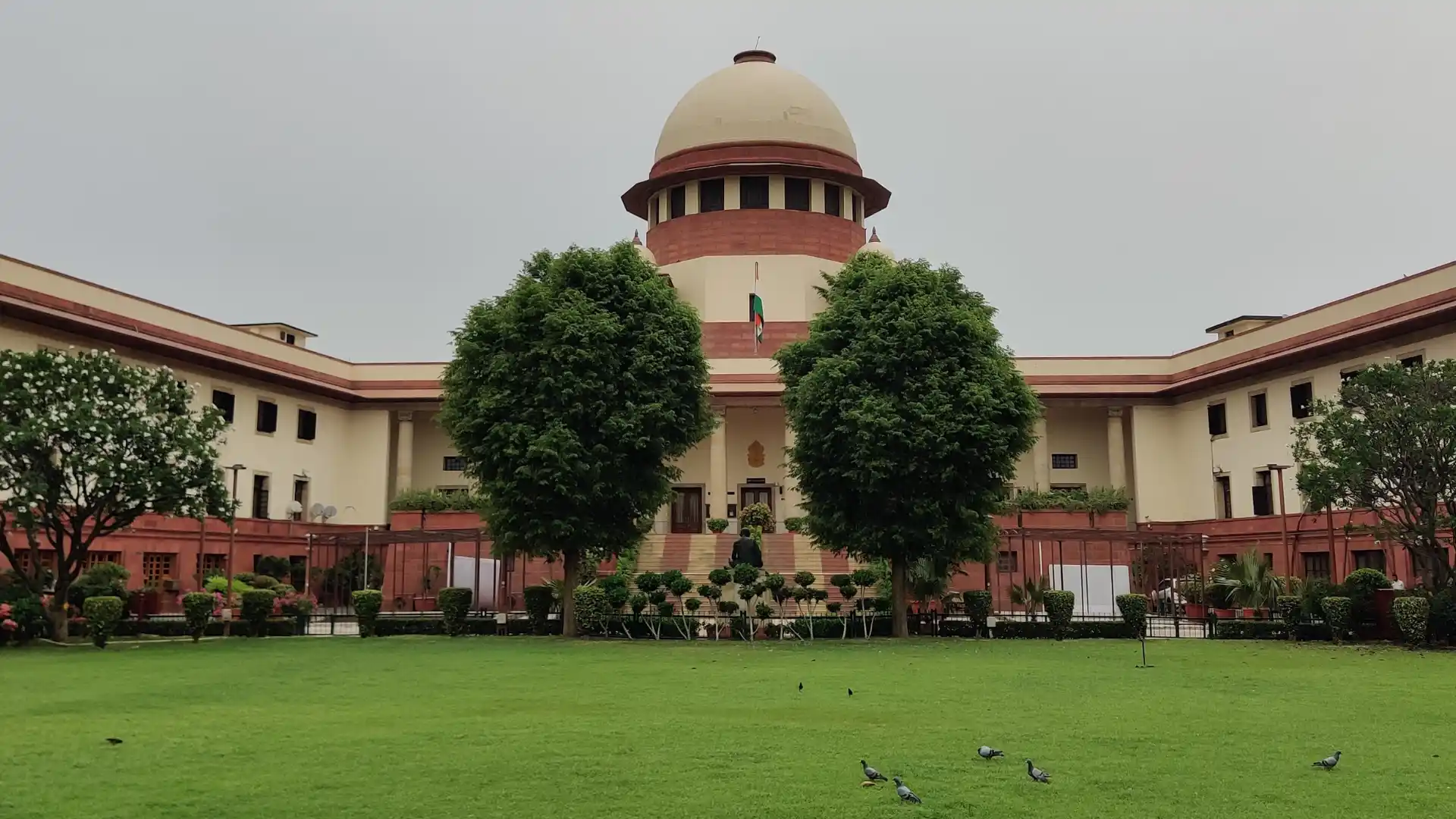The Supreme Court on Thursday eased the conditions for appointing retired judges as ad hoc judges in High Courts to address the rising backlog of cases.
A three-judge bench led by Chief Justice Sanjiv Khanna, along with Justices B.R. Gavai and Surya Kant, ruled that each High Court may appoint between two to five ad hoc judges, with a cap of 10% of the court’s total sanctioned strength.
The bench clarified that these ad hoc judges would serve on benches alongside sitting High Court judges and primarily focus on pending criminal appeals. “Each High Court may appoint ad hoc judges under Article 224A of the Constitution, appointing between two to five judges, but not exceeding 10% of the sanctioned strength,” the court noted in its order.
The ruling came in response to a petition filed by the NGO Lok Prahari, which highlighted the mounting backlog in High Courts and sought a viable solution. The court acknowledged the issue, citing recent data from the National Judicial Data Grid (NJDG), which shows a surge in pending cases. As of January 25, 2025, over 62 lakh cases are awaiting resolution in High Courts across India, including more than 18.2 lakh criminal cases and over 44,000 civil cases.
Previously, in April 2021, the Supreme Court had directed that ad hoc appointments should not be made if 80% or more of the sanctioned judicial positions were already filled or recommended for appointment.
However, recognizing the worsening case pendency, the court has now lifted this restriction. It clarified that High Courts may appoint ad hoc judges even if judicial vacancies are minimal, provided they stay within the 10% limit.
This decision is expected to expedite the resolution of long-pending cases and reduce the burden on the judiciary, ensuring more efficient case disposal in High Courts across the country.
Read More: Delhi High Court Issues Notice On 2 Petitions Moved Against Movie Based On Delhi Riots



















